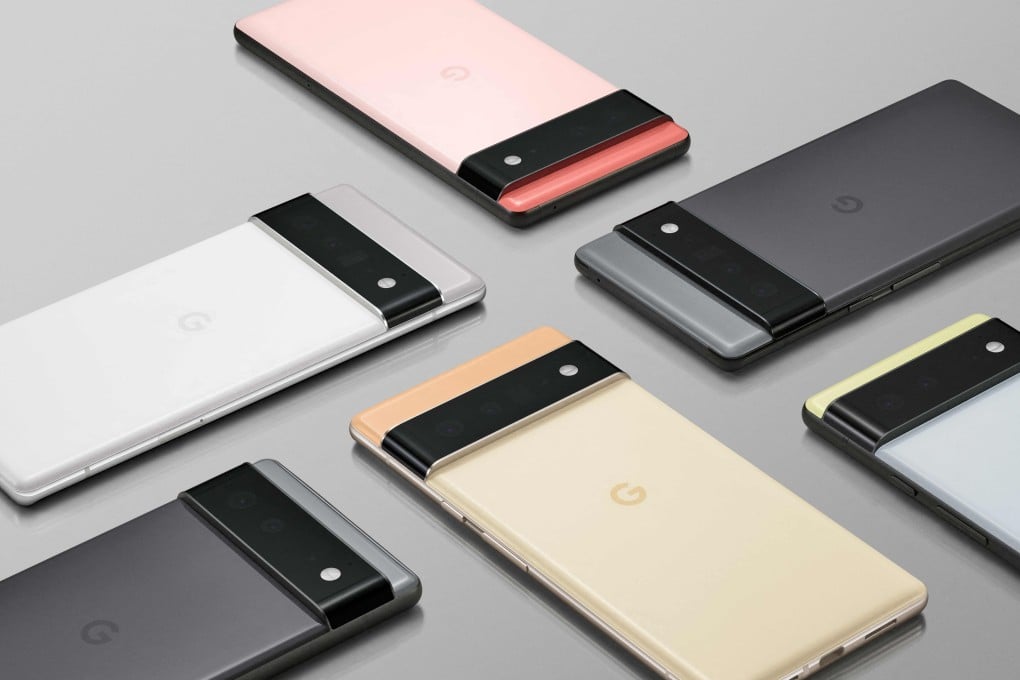Google’s next Pixel smartphones will run on AI Tensor processor designed in-house, as tech giant ditches Qualcomm
- Google owner Alphabet officially announced that its Pixel 6 and 6 Pro devices will run on its own processor, joining the likes of Apple and Samsung
- Designing a new chip is an expensive undertaking, so new Pixels will likely have to sell better than previous models to yield returns

The new component will be Google’s first system-on-a-chip – technology that integrates the device’s key elements. Designing these kinds of processors takes years and is a massive investment, financially and in terms of resources. In order for such an undertaking to yield returns, Google’s future Pixel phones will likely have to sell better than previous models.
Apple has been making chips for its iPhones since 2010, but the company sells over 100 million units per year. Samsung also handles massive volume. It’s the world’s second-largest chip maker and sells more phones than Apple.
Google’s Android operating system is the most popular smartphone software, used by companies such as Samsung to run their devices. But Google’s own phones haven’t had as big an impact, even while earning praise for their designs and features.